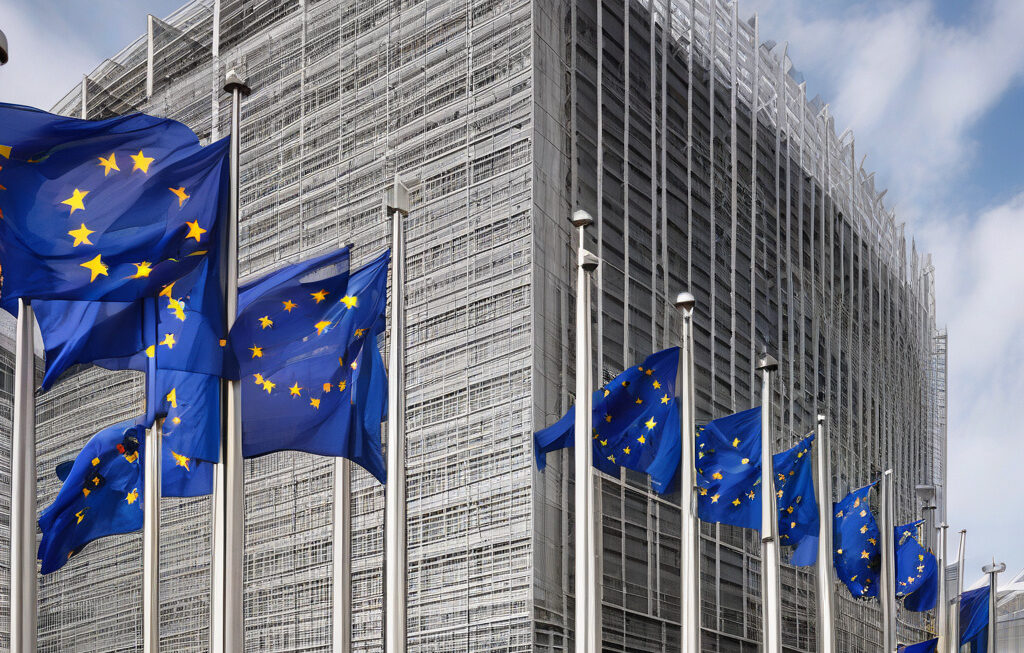Meta and TikTok Challenge EU’s Compliance Charges Under the Digital Services Act
In the ever-evolving landscape of digital platforms, compliance with regulations has become a key focus for tech giants like Meta (formerly known as Facebook) and TikTok. The recent contestation of the European Union’s compliance charges under the Digital Services Act highlights the ongoing tension between regulatory bodies and big tech companies.
Introduced as part of the EU’s efforts to regulate online platforms, the Digital Services Act imposes a 0.05% fee on large digital platforms to ensure they are accountable for the content shared on their sites. While the intention behind the fee is to hold tech companies responsible for maintaining a safe online environment, Meta and TikTok have raised concerns about the method used to determine the charges.
Both Meta and TikTok argue that the criteria for calculating the compliance charges are unclear and, in their view, excessive. They claim that the lack of transparency in how the fees are assessed could lead to arbitrary or unfair penalties, ultimately impacting their ability to operate effectively within the EU market.
The dispute between Meta, TikTok, and the EU sheds light on the complexities of regulating digital platforms in an increasingly globalized world. As online services continue to expand their reach and influence, governments are grappling with the challenge of balancing innovation and user protection.
For Meta, which has faced scrutiny over its data privacy practices and market dominance, the compliance charges represent another hurdle in its efforts to rebuild trust with regulators and users alike. The company has been working to rebrand itself as a champion of the metaverse, a virtual reality space that promises new opportunities for social interaction and commerce.
Similarly, TikTok, a popular short-form video platform owned by Chinese tech company ByteDance, has been under pressure to address concerns about data security and content moderation. By contesting the EU’s compliance charges, TikTok is asserting its right to fair treatment and seeking to ensure that regulatory measures are applied consistently across the digital landscape.
The outcome of the dispute between Meta, TikTok, and the EU remains uncertain, but it underscores the need for clear, consistent regulations that balance innovation with accountability. As digital platforms continue to play a central role in our lives, it is crucial for governments and tech companies to work together to create a safe, transparent online environment that benefits everyone.
In the end, the contestation of the EU’s compliance charges by Meta and TikTok is not just a legal battle between tech giants and regulators; it is a reflection of the broader challenges facing the digital economy. By addressing these challenges head-on and finding common ground, we can pave the way for a more sustainable and responsible digital future.
#Meta, #TikTok, #EU, #DigitalServicesAct, #ComplianceCharges











